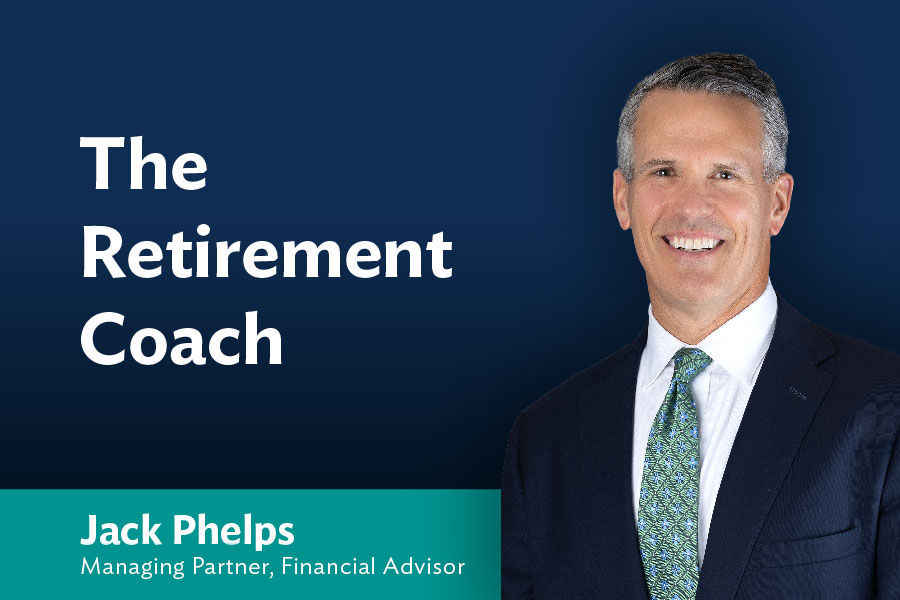What NOT to Invest

Unlike investing during your working years when you had a paycheck, investing when you are retired begins with knowing what portion of your retirement portfolio not to invest.
Though it may sound odd, this is a key strategy in your evidence-based investment system to help increase the chances of capturing higher expected long-term market returns. And, it can have both psychological and strategic benefits:
- Psychological: It can reduce your fear of stock market volatility.
- Strategic: It can eliminate the need to sell investments during a down market to support your cash flow needs.
As legendary Berkshire Hathaway investor Warren Buffett said, “Investing is the transfer to others of purchasing power now with the reasoned expectation of receiving more purchasing power – after taxes have been paid on nominal gains – in the future. More succinctly, investing is forgoing consumption now in order to have the ability to consume more at a later date.”

Compare Financial Advisors
Our Financial Advisor Evaluation Checklist outlines the questions you should ask any advisor or firm you’re considering hiring. The Checklist helps you make side-by-side comparisons of potential firms and feel confident in taking the next step.
However, as we have witnessed recently, stock markets don’t always move in the direction we want in the short-term, and returns have been negative in 26% of the years since 1926.
One of the biggest reasons investors have poor investment results is their increased queasiness with short-term stock market volatility, especially when they have to withdraw funds to support their lifestyle.
If stock prices fall before you need to withdraw funds, you’ve just suffered what we refer to as an investing sin: you sold low! Or, stated more accurately: you put yourself in a position where you were forced to “sell low” to raise funds for your anticipated withdrawals.
Potential Strategies
- Hold five years’ worth of your anticipated withdrawals in money markets and conservative bond funds (away from the short-term volatility of your strategically allocated, globally diversified portfolio of stock index funds), i.e. if you need to withdraw $100,000 per year from your retirement portfolio to support your desired lifestyle, your number would be five times that figure or $500,000.
- Direct all dividends you earn on your investments to sweep to the money market inside of your respective accounts instead of reinvesting. This can potentially help buy a few years’ worth of your scheduled withdrawals.
Knowing you have your anticipated withdrawal needs covered for 5-7 years can help provide you with the confidence to remain fully invested with the rest of your retirement portfolio through normal and temporary market downturns.
Having these strategies in place can potentially increase your odds of capturing the long-term returns markets have historically provided.
Psychologically, these strategies can be difficult for folks to implement who have never been in a position of “living” on the money they’ve accumulated. They may feel as though they need to squeeze out every ounce of investment return they can on every dollar they have. This can be especially true when market prices climb.
That’s admirable and smart when you are not dependent on your retirement portfolio to support your cash flow, but potentially dangerous and foolish during Phase II of your financial life.
This is intended for informational purposes only. You should not assume that any discussion or information contained in this document serves as the receipt of, or as a substitute for, personalized investment advice from Savant.

